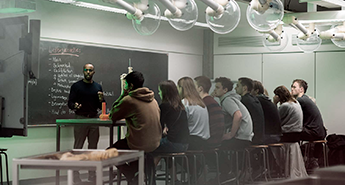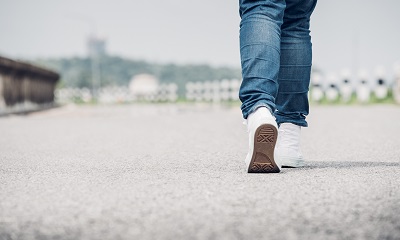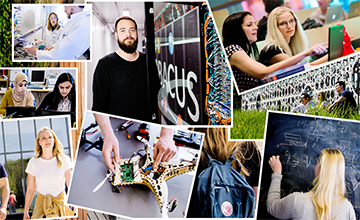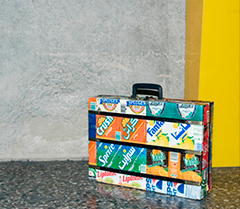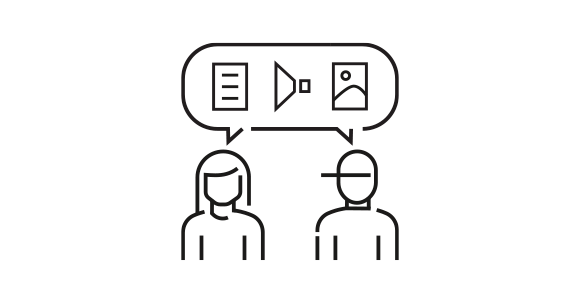What if communication were not just something humans do, but a process through which all kinds of beings—molecules, machines, institutions, emotions, organisms, laws, and people—come to express themselves and make a difference? Drawing on my forthcoming book, “Thinking the World Communicatively: An Exploration of the More or Less,” this talk introduces a way of approaching reality that transcends the traditional boundaries between the natural sciences, the social sciences, and the humanities. I propose that to think communicatively is to examine how relations allow phenomena to manifest themselves more or less in the world.Communication, in this broad sense, encompasses electromagnetic radiation warming our skin, neurons firing, procedures shaping institutional conduct, technologies guiding attention, and people coordinating with one another. Instead of reducing the world to discourse or matter, this communicative ontology highlights how beings both act and “pass through” others. It offers scientists, scholars, and students an anti-reductionist framework for understanding truth, objectivity, materiality, agency, and power across domains, from social interaction to quantum mechanics.BiographyFrançois Cooren (PhD, Université de Montréal, 1996) is a Professor in the Department of Communication at Université de Montréal, Canada. His research focuses on organizational communication, language and social interaction, as well as communication theory. He is the Past President of the International Communication Association (ICA, 2010–2011), the Past President of the International Association for Dialogue Analysis (IADA, 2012–2021), and former Editor-in-Chief of the journal Communication Theory (2005–2008). He was elected ICA Fellow in 2013, NCA (National Communication Association) Distinguished Scholar in 2017, and Fellow of the Royal Society of Canada in 2024. He published 16 books (four as an author or co-author and twelve as an editor or co-editor) and authored close to 100 peer-reviewed articles and more than 60 book chapters. He is one of the founding members of what is now known as the Montreal School of Organizational Communication, a primary branch of the Communication as Constitutive of Organization (CCO) approach.

